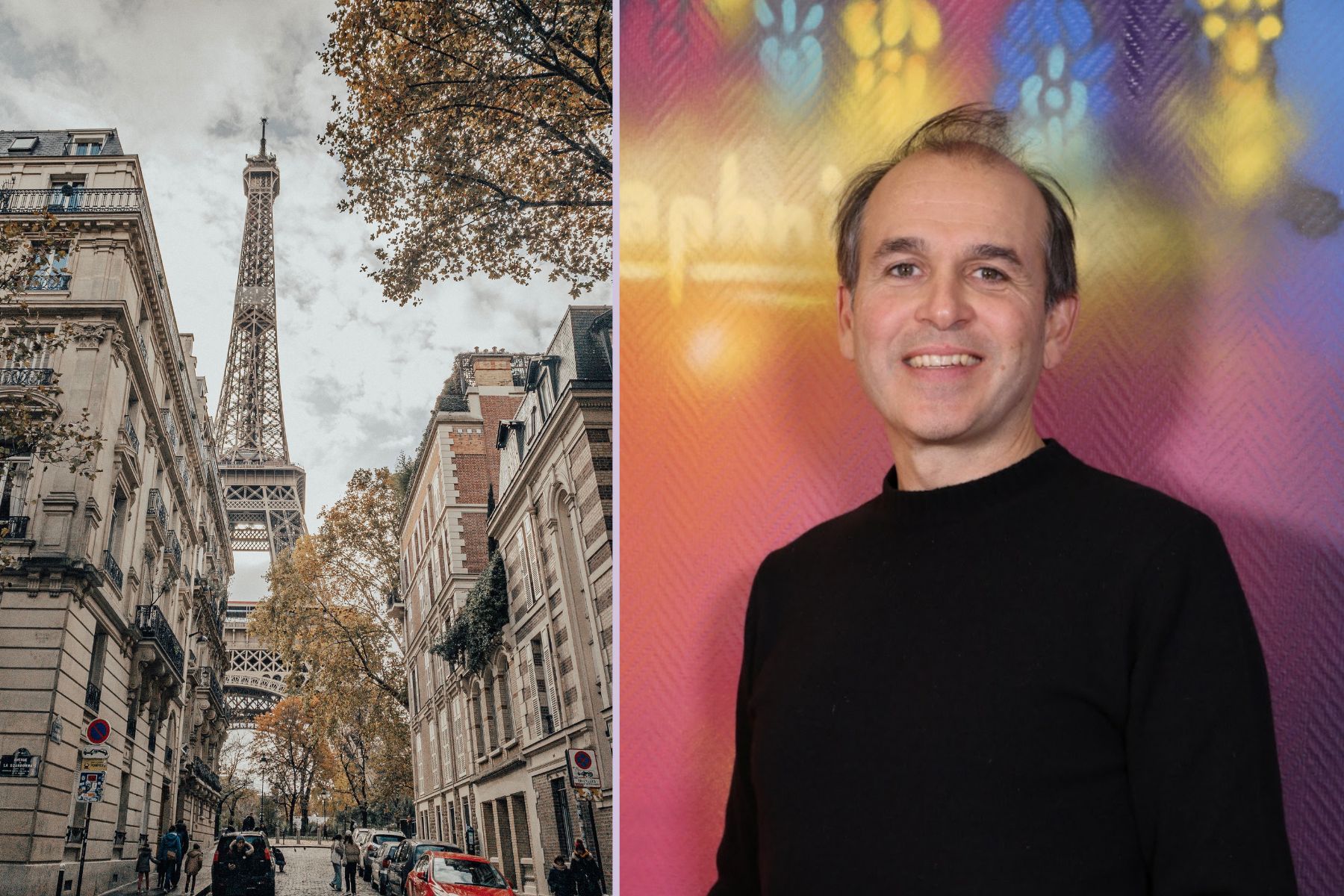They turn beer waste into chocolate – now Danish foodtech company scores €1m for expansion

Copenhagen-based Endless Food Co has developed a novel way of making cacao-free chocolate by using side streams from breweries. The company is now scaling up operations following fresh investment. “The funding allows us to build a pilot facility and expand our team,” co-founder Max Bogenmann tells Impact Loop.


Matt Orlando transitioned from his role as head chef at Copenhagen’s world-renowned Michelin-starred restaurant Noma when he opened Amass – a sustainability-focussed eatery – in a former warehouse in 2013. The new restaurant was characterised by artistic playfulness and a goal to reducing food waste.
At the end of 2022, Amass went bankrupt and its doors closed. But by that time, the restaurant's chefs Christian Bach and Max Bogenmann had been experimenting extensively in the kitchen, which paved the way for their chocolate-based business idea.
“We always had a bigger agenda than just serving food,” explains Max Bogenmann, who was head chef and responsible for innovation at Amass.
The team was constantly trying to source local ingredients, but there were some that they couldn’t obtain sustainably. Cacao was one of them. But eliminating chocolate desserts from the menu was not an option.
“There would have been a riot,” says Max Bogenmann.
“That’s when we started experimenting on a small scale to see if it was possible to produce our own cacao. We connected with a brewery that supplied us with their waste streams. At first, it tasted terrible, but it was a fun side project.”
Iterative approach
After the restaurant closed, the trio continued to refine their various ideas, laying the foundation for Endless Food Co. They saw a lot of potential for their cacao substitute, especially given all the sustainability and climate challenges in sourcing real cacao beans.
But focusing on cacao wasn’t an obvious choice at first.
“It took a few months before we found our direction. We were complete novices in the startup world, so we sought help to learn.”
They built a good relationship with Hampus Jakobsson of Malmö-based impact investment company Pale Blue Dot, who introduced the founders to a Danish mentor.
“We learned that you need to work iteratively and constantly test the product − produce a few kilos, sell to a customer, get feedback, tweak. In a restaurant kitchen, everything has to be perfect before it’s served, so this was an entirely new way of working for us.”
Fortune cookie
What they could bring to the table from years in the restaurant world was an extensive network of restaurants, suppliers, and producers who were willing to experiment with locally produced chocolate.
Their first product is called THIC (This Isn’t Chocolate), and is currently offered to B2B customers, both as a powder, and as a finished chocolate alternative in the form of sticks, chunks, chips and blocks.
The company recently secured a major collaboration with convenience store brand 7-Eleven and its 180 shops in Denmark. The first product application is with Tim’s Cookies, where Endless provides the chocolate chunks for the popular treats.
“This is an amazing opportunity, but it’s also a test for us. We need to scale up production while keeping costs low and ensuring the taste consistently meets consumer expectations.”
Investment for a pilot facility
Nordic Food Tech VC has announced a €1m investment in Endless Food Co, marking the final investment in their first major funding round, which closes at the end of 2024.
“The funding allows us to build a pilot facility and expand our team,” says Max Bogenmann, who also acknowledges that the deal with 7-Eleven offers the potential for further market expansion.
“The collaboration with 7-Eleven gives us credibility and demonstrates our ability to produce on a larger scale. I hope it provides a solid business case for discussions with other producers and retailers.”
Bogenmann stresses that the objective is not to tear down the chocolate industry, but rather to find collaborations to provide a more sustainable solution.
“We aim to reduce emissions in large scale chocolate production, which is something we have made great strides towards. An early LCA [life cycle assessment] concludes an 80 to 90 percent Co2 reduction per kg when compared to traditional dark chocolate.”
What’s been the biggest challenge in this journey so far?
“That we’re doing everything for the first time. We’re getting better at problem-solving, but we have definitely hit some walls on the way. Now we know more about how to navigate this ecosystem, and it’s possible we’ll explore working with other ingredients in the future.”
He emphasises the importance of the founding trio’s background.
“Working in the restaurant and hospitality industry taught us to work hard and stay creative. It definitely has given us some resilience in the face of entrepreneurial challenges,” concludes Bogenmann.
Subscribe to Europe's new platform for impact news
- Quality journalism, interviews, investor profiles and deep-dives
- Join 11 000+ top impact founders and investors across Europe
- Or get our free daily newsletter
Keep reading – get in the loop!
- Håll dig i loopen med vårt dagliga nyhetsbrev (gratis!)
- Full tillgång till daglig kvalitetsjournalistik med allt du behöver veta inom impact
- Affärsnätverk för entreprenörer och investerare med månatliga meetups
Fortsätt läsa – kom in i loopen!
- Håll dig i loopen med vårt dagliga nyhetsbrev (gratis)!
- Full tillgång till daglig kvalitetsjournalistik med allt du behöver veta inom impact
- Affärsnätverk för entreprenörer och investerare med månatliga meetups








